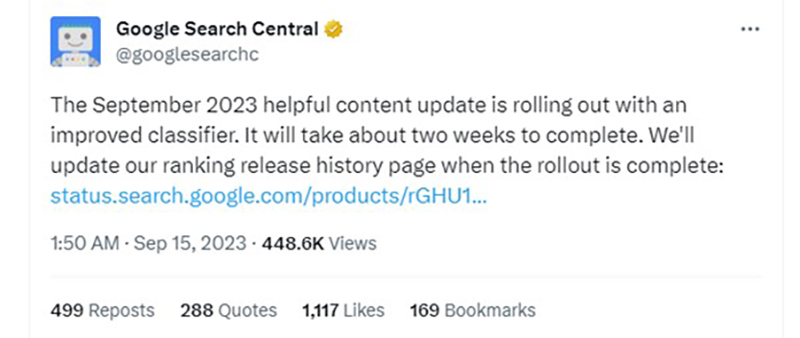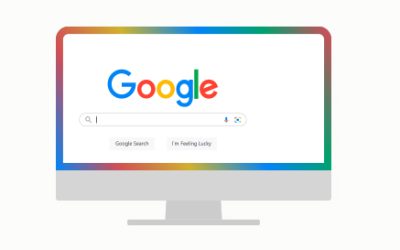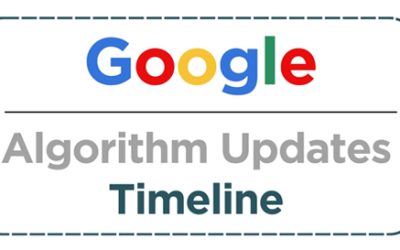
Google started rolling out The September 2023 Helpful Content Update, with an improved classifier on September 14. This is the first Helpful Content System update since December 2022. As this is a sitewide algorithm, the whole site will be impacted by this update.
This update on Google’s Helpful Content page seems to be more lenient towards machine-generated content, but it issues a caution regarding third-party content hosted on websites or their subdomains.
Google has also added additional guidance, i.e. new advice on actions to take if a website experiences a decline in traffic following a Helpful Content update.
September 2023 Helpful Content Update – Highlights
- Improved Classifier
- Loosened Guidance on Machine Generated Content
- Expanded Guidance on Hosting Third-Party Content
- Content Removal and Date Changes
What’s New with Helpful Content Document?

Improved Classifier
When Google announced this update, it said, “The September 2023 Helpful Content Update is rolling out with an improved classifier. It will take about two weeks to complete. We’ll update our ranking release history page when the rollout is complete.”
The classifier process is fully automated and relies on a machine-learning model. It operates on a global scale across all languages. It’s not a manual intervention or a response to spam. Rather, it’s just one of the many signals that Google assesses when ranking content.
Loosened Guidance on Machine Generated Content
Earlier, Google had said that its helpful content system generates a signal used by automated ranking systems to better ensure people see original, helpful content written by people, for people, in the search results.
But now, the explanation has been changed to, “Google Search’s helpful content system generates a signal used by our automated ranking systems to better ensure people see original, helpful content created for people in search results.”
The portion of the guidance on content created by humans has been omitted, indicating a shift in Google’s approach to AI-generated content to bring it into better alignment with other seemingly conflicting AI content guidelines.
Expanded Guidance on Hosting Third-Party Content
Google has introduced additional guidelines concerning the hosting of third-party content. These guidelines offer more clarity on the actions to take following a helpful content system update. Depending on the circumstances, it may not be necessary to take any action, or it might involve self-assessing your content. Google recommends that removing unhelpful content could help the rankings of your other content.
Google explains, “if any third-party content is hosted on the main site or in subdomains, such content may be included in site-wide signals we generate, such as the helpfulness of content. For this reason, if that content is largely independent of the main site’s purpose or produced without close supervision or the involvement of the primary site, we recommend that it should be blocked from being indexed by Google.”
Content Removal and Date Changes
The help page on creating reliable, user-centric content now includes fresh insights on removing content or modifying publication dates. These additions aim to provide users with a better understanding of how to craft helpful and trustworthy content. Google advises to conduct a self-assessment of your content, if you’ve observed a shift in your traffic that you believe might be associated with this update. Identify and rectify or remove any content that appears to be less helpful. Google’s help page on crafting valuable, trustworthy, user-centric content, includes a set of questions that can guide your self-assessment, ultimately assisting you in achieving success with the helpful content system.
Google recommends creating people-first content to be successful with Google Search, rather than search engine-first content made primarily to gain search engine rankings.
Google’s helpful content update looks to weed out content written for the purpose of ranking in search engines that do not help or inform people. Google said this update will “tackle content that seems to have been primarily created for ranking well in search engines.” The update will “help make sure that unoriginal, low-quality content doesn’t rank highly in Search,” Google added. So if you are writing content to drive search engine visibility and traffic, you might be hit by this type of update, and non-English sites are no longer safe from this update.
SEO companies providing professional content writing services stay up to date with such important rollouts and ensure that their client websites are not negatively impacted. Their comprehensive services involve keyword research, content strategy creation, SEO content writing and content marketing plan implementation.





